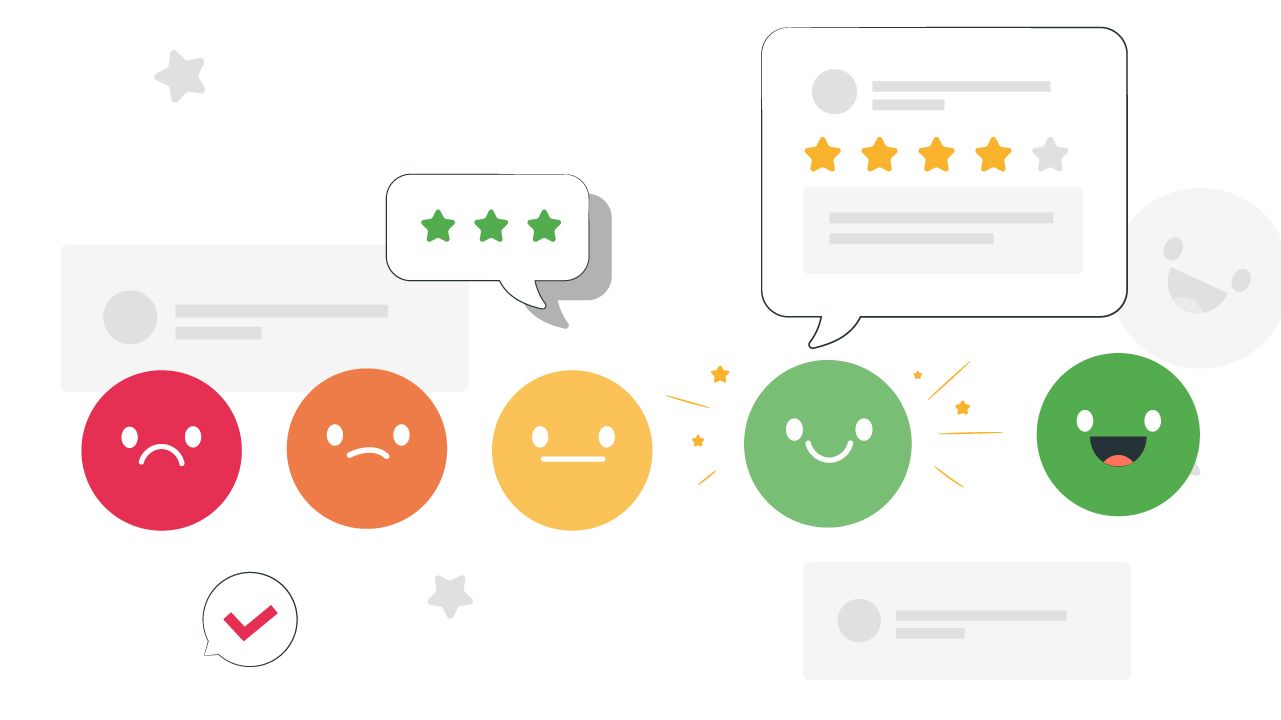Contact us at
+1 (763) 525-1460
+353 1 691 7772
Bad customer service can have greater consequences than you might expect.

In today’s customer-driven economy, delivering excellent customer experiences is not just a nice-to-have—it's essential for survival. A single poor interaction can quietly drain your revenue, tarnish your brand, and send your customers running straight to the competition. The 2017 Global Customer Barometer by American Express found that the average American tells 15 people when they’ve had a poor customer experience. This translates to 15 consumers who are less likely to engage with your brand. A similar study by the European Journal of Marketing examined user experience sharing (UES) and its impacts on customer-to-customer (C2C) interactions. The results emphasized the importance of customer experience sharing in shaping perceptions and behaviors within the European market.
Whether you're a retail store, restaurant, financial institution, or service provider, based in the US or in Europe, bad customer service has far-reaching consequences.
The financial impact of a bad customer experience is more than just a few lost sales. It affects long-term revenue, customer loyalty, and even employee morale. A 2024 study from the Qualtrics XM institute revealed that poor experiences now cost businesses around $3.7 trillion annually. That figure reflects lost revenue due to customer churn, negative reviews, and decreased repeat business. In 2024, 64% of customers said no matter how much they enjoy the product, if the company doesn’t provide good customer service, they will find another company to do business with. For younger generations like Gen Z and Millennials, this number climbs even higher.
Acquiring a new customer can cost five times more than retaining an existing one. And with buyers willing to pay 16% more for a better customer experience, companies that fail to invest in improving service are leaving significant money on the table.
The problem for many businesses is that they don’t know where the experience is falling short. According to Esteban Kolsky, the founder of thinkJar, only one in 26 customers will voice their complaint, while the rest will churn. Internal data and surveys can help, but they often miss the context of the in-the-moment customer journey. That’s where mystery shopping becomes valuable.
Mystery shopping is a proactive tool that lets businesses see their customer service through the eyes of a real consumer. Unlike post-purchase surveys or customer complaints, mystery shoppers provide unbiased, detailed feedback based on specific scenarios, products, or service interactions.
Customer dissatisfaction doesn't just impact sales—it hits every area of a business. It can increase marketing costs (as more budget is needed to attract new customers), reduce employee retention (as staff often feel demoralized in customer-facing roles), and harm a brand's reputation (as negative reviews spread quickly online).
According to Forbe's 2024 customer service and CX research results , 85% of customers are willing to go out of their way to do business with a company that has better service. That’s not just a statistic—it's a wake-up call for any business still treating customer service as an afterthought.
Mystery shopping is not just about catching mistakes; it's about proactively creating great experiences. For a relatively low cost, businesses can implement a mystery shopping program that uncovers critical service gaps, helps develop best practices, and continuously improves the customer journey.
In a world where consumers have endless choices and little patience for subpar service, mystery shopping gives you the tools to stay ahead. Instead of guessing what your customers think, you get the facts—and that insight can be the difference between being a market leader or losing millions to poor CX.
The cost of bad customer experiences is no longer something businesses can afford to ignore. With trillions of dollars at stake and customer expectations higher than ever, companies must prioritize CX as a strategic investment. Mystery shopping offers a powerful, real-world solution to uncover issues, improve training, and boost loyalty.
For businesses looking to stay competitive, reduce churn, and turn customers into brand advocates, mystery shopping isn’t just helpful—it’s essential.